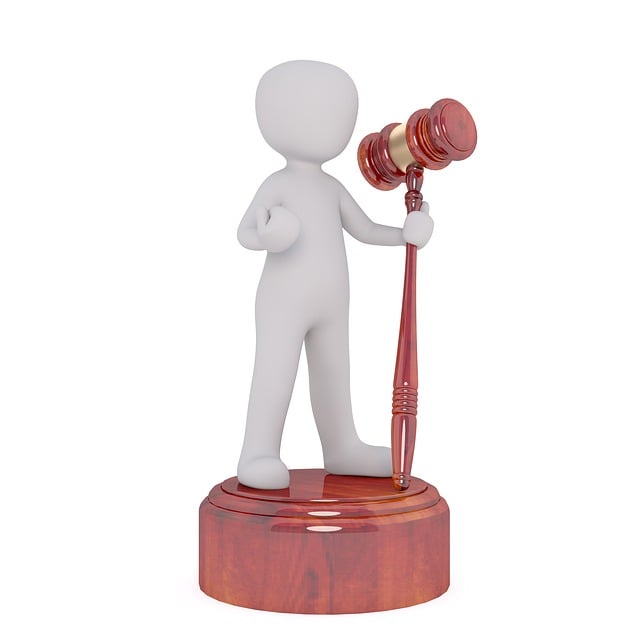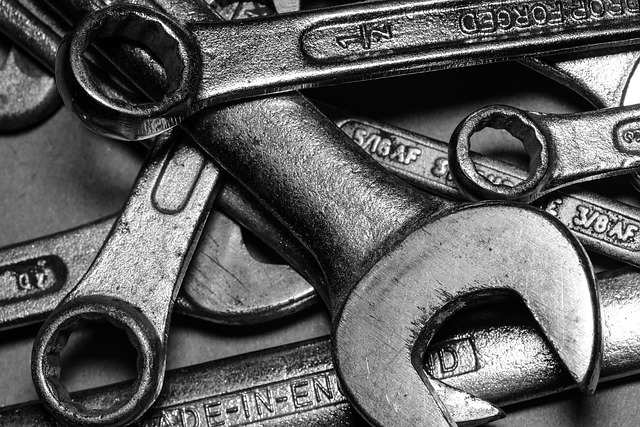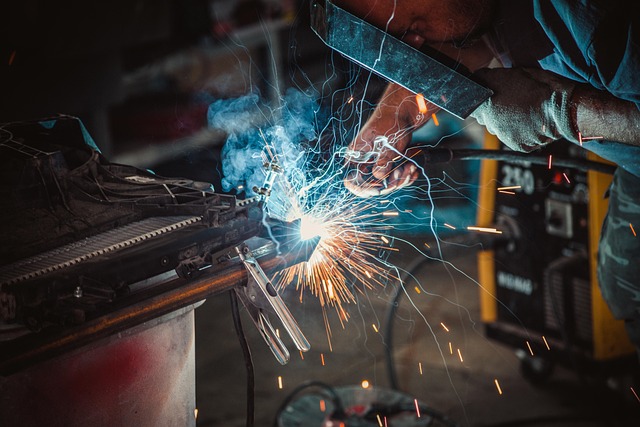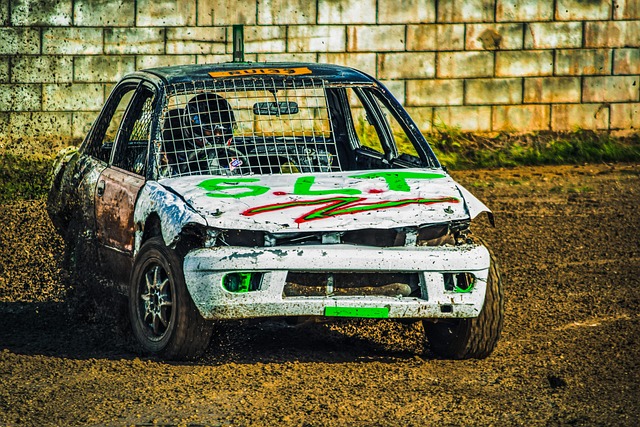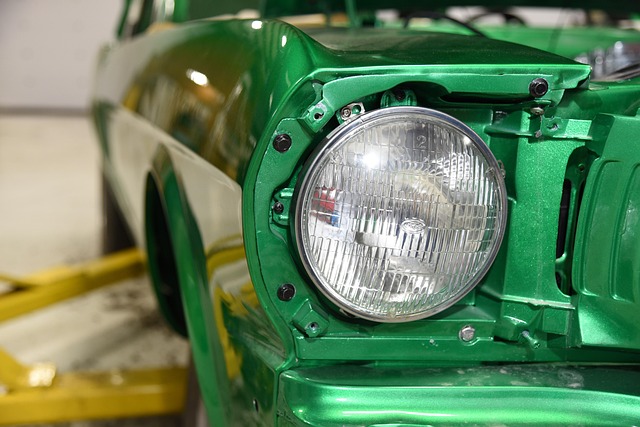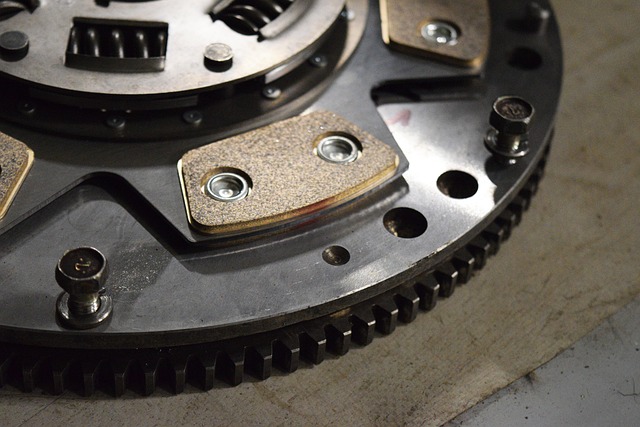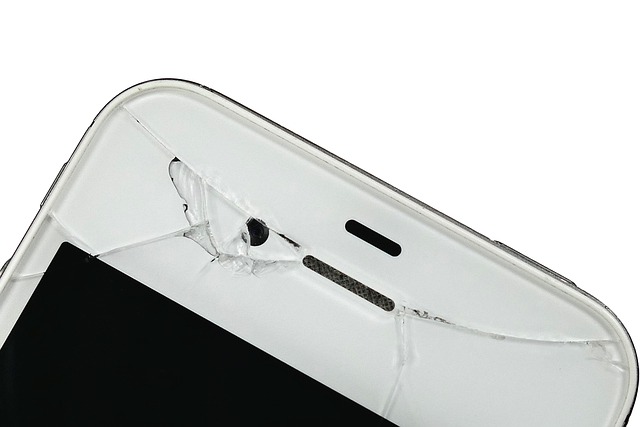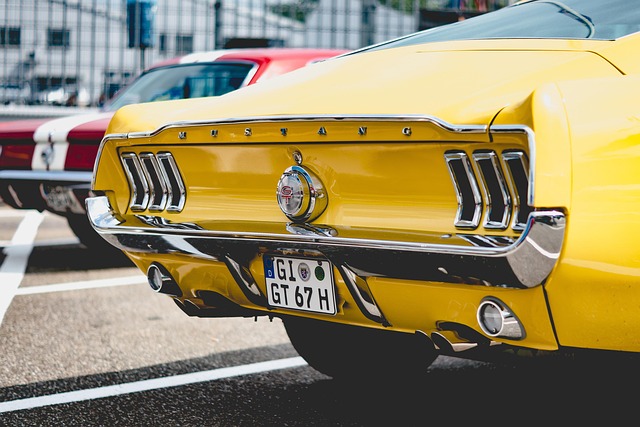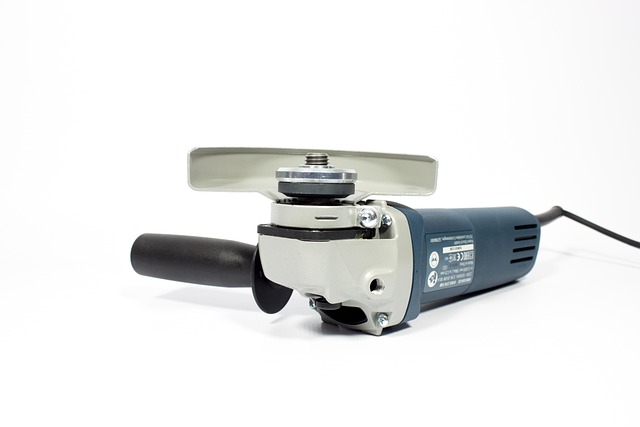Mercedes glass sensor calibration is crucial for maintaining the performance of safety and comfort features like automatic wipers and adaptive cruise control. Sensor drift can cause inaccurate readings, so regular calibration using specialized equipment is recommended by manufacturers to ensure optimal operation of Mercedes' advanced driver-assistance systems (ADAS). Choices between mobile or in-shop services depend on vehicle model, sensor damage, and personal preference; each has unique benefits balancing precision, convenience, and cost.
In today’s digital era, accurate Mercedes glass sensor calibration is vital for safe and efficient driving. This article explores the options between mobile and in-shop calibration services for your Mercedes. Understanding the basics of glass sensor calibration is key, as these sensors play a crucial role in advanced driver-assistance systems (ADAS). We weigh the pros and cons of both methods, helping you choose the right calibration approach to ensure optimal performance and safety for your vehicle.
- Understanding Mercedes Glass Sensor Calibration: The Basics
- Mobile vs In-Shop Services: Pros and Cons
- Choosing the Right Calibration Method for Your Mercedes
Understanding Mercedes Glass Sensor Calibration: The Basics

Mercedes glass sensor calibration is a specialized process that ensures the precise functioning of your vehicle’s sensors. These sensors play a critical role in various safety and comfort features, such as automatic windshield wipers, rain-sensing wipers, and adaptive cruise control. Over time, these sensors can drift out of alignment, leading to inaccurate readings and potential safety hazards.
Proper calibration involves adjusting the sensor’s settings to match the specific characteristics of your glass or windshield. This is typically done using specialized equipment that measures the sensor’s response to light and other environmental factors. Regular calibration, often recommended by vehicle manufacturers, helps maintain optimal performance and ensures that your Mercedes’ advanced driver-assistance systems (ADAS) function as designed, enhancing both safety and driving experience—much like how a car scratch repair or auto frame repair restores a vehicle’s structural integrity and aesthetic appeal.
Mobile vs In-Shop Services: Pros and Cons

When it comes to Mercedes glass sensor calibration, choosing between mobile and in-shop services offers distinct advantages and drawbacks. One significant benefit of mobile services is their convenience; they bring the calibration process directly to the customer’s location, eliminating the need for them to travel to a workshop. This flexibility is especially appealing for those with busy schedules or limited mobility. Moreover, mobile technicians can access a wider range of vehicles, including hard-to-reach locations, ensuring that even niche Mercedes models receive proper care.
In contrast, in-shop services provide a more controlled environment. Auto body repair experts have specialized tools and equipment at their disposal, allowing for precise and meticulous calibration. This setting offers enhanced safety and security for both the vehicle and the technicians, as they can conduct the process without worrying about on-the-road hazards or interruptions. While it may require more time and effort from the owner to transport the vehicle, in-shop calibration ensures a thorough and specialized service tailored to Mercedes glass sensor needs, potentially extending the life of the sensors and improving overall driving experience.
Choosing the Right Calibration Method for Your Mercedes
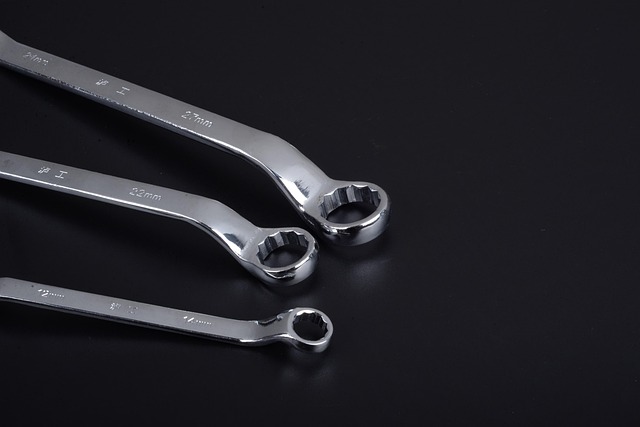
When it comes to calibrating your Mercedes glass sensor, understanding the available methods is key to ensuring optimal performance and precision. The choice between mobile and in-shop calibration depends on various factors, including your vehicle’s model, the extent of damage to the glass sensor, and your personal convenience.
Mobile calibration services offer the advantage of convenience, coming directly to your location, be it your home or a nearby auto collision center. This method is ideal for busy individuals who value time-saving solutions. On the other hand, in-shop calibration provides a more controlled environment, especially when dealing with intricate repairs or complex sensor issues. It also ensures access to specialized equipment and expert technicians, which can be beneficial for comprehensive vehicle paint services and repair, including car paint services for minor scratches or dents that might accompany sensor malfunctions. Ultimately, the best approach is one that balances precision, convenience, and cost, catering to your specific Mercedes glass sensor calibration needs.
When it comes to calibrating your Mercedes’ glass sensors, both mobile and in-shop services offer viable options. Mobile services provide convenience and flexibility, ideal for those with busy schedules or limited access to repair shops. In-shop calibration ensures precise equipment and specialized technicians, offering a more comprehensive and potentially longer-lasting solution. Ultimately, the choice depends on your personal preferences, schedule, and budget, with both methods contributing to optimal Mercedes glass sensor performance and safety.
